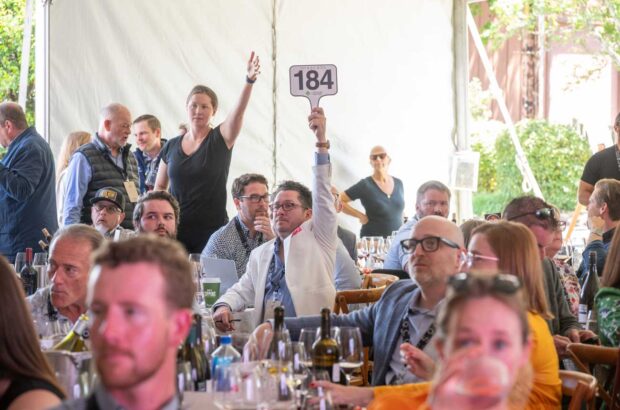Greater demand for rural property has been widely reported in the UK this year, and recent comments from Italy-based estate agencies suggest the trend has also touched the land of Chianti Classico and Brunello di Montalcino.
‘I have seen many more buyers looking for properties, perhaps as many as four times more than the period before the [Covid-19] pandemic,’ John Jonk, real estate broker for Tuscany and Umbria at Sotheby’s International Realty in Italy, told Decanter.com recently.
‘Part of the reason people are buying in Tuscany is because they realise, with the experience of lockdown, that they can work from a property in the middle of the Tuscany countryside as well as they could from an office in London, Paris or New York. It has become a lifestyle choice.’
At the Casa & Country agency, cofounder and MD Gemma Bruce also highlighted recent interest from ‘Italian city dwellers looking to move out to the countryside’.
Many in this group were interested in buying vineyard estates that could be run as a business, she said.
However, for other buyers, the wine side of things is more of a hobby or nice-to-have element.
These buyers primarily want a country residence and ‘get excited if there are vineyards as well’, said Bruce, who added that Casa & Country has started doing ‘real-time tours’ online via Zoom this year.
Budgets and prices can range from €1.5m to €10m, depending upon the state of the property, and the quality of any estate vineyards, too, she said.
Regarding vineyards specifically, some agencies have said demand in Italy was already strong before 2020.
Marta Brunellini Romolini, of Romolini Immobiliare, affiliated to Christie’s International Real Estate, recently told Decanter.com that ‘wine estates have been the most requested pieces of real estate in the past three years at least’.
She said buyers can range from private investors to newly retired businesspeople and international groups.
Estate agency consultancy Knight Frank said in August that online property searches for Tuscany had risen sharply since February.
It also noted higher demand for rural estates in Italy from international buyers.
Yet, it said that Italy’s property market ‘inevitably ground to a halt’ during the first Covid-19 lockdown and cited figures that suggested the country overall was expected to record 18% fewer residential sales in 2020 versus 2019.
It highlighted that Italy’s ‘flat-tax’ scheme was a possible added incentive for foreign buyers at the top-end of the market.







